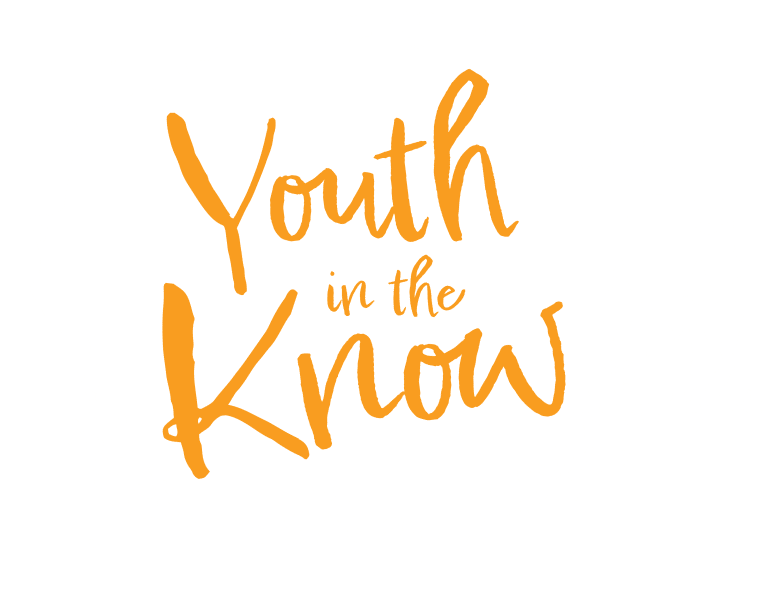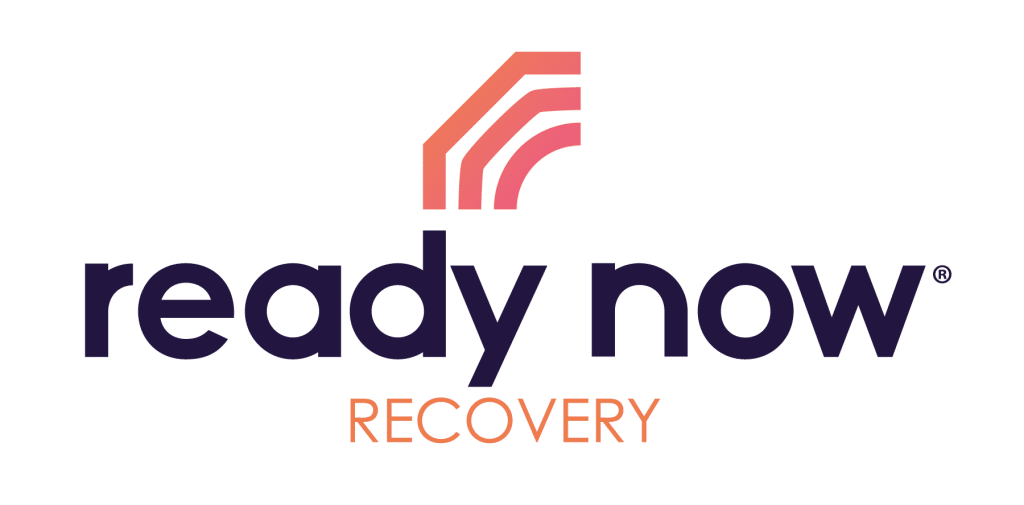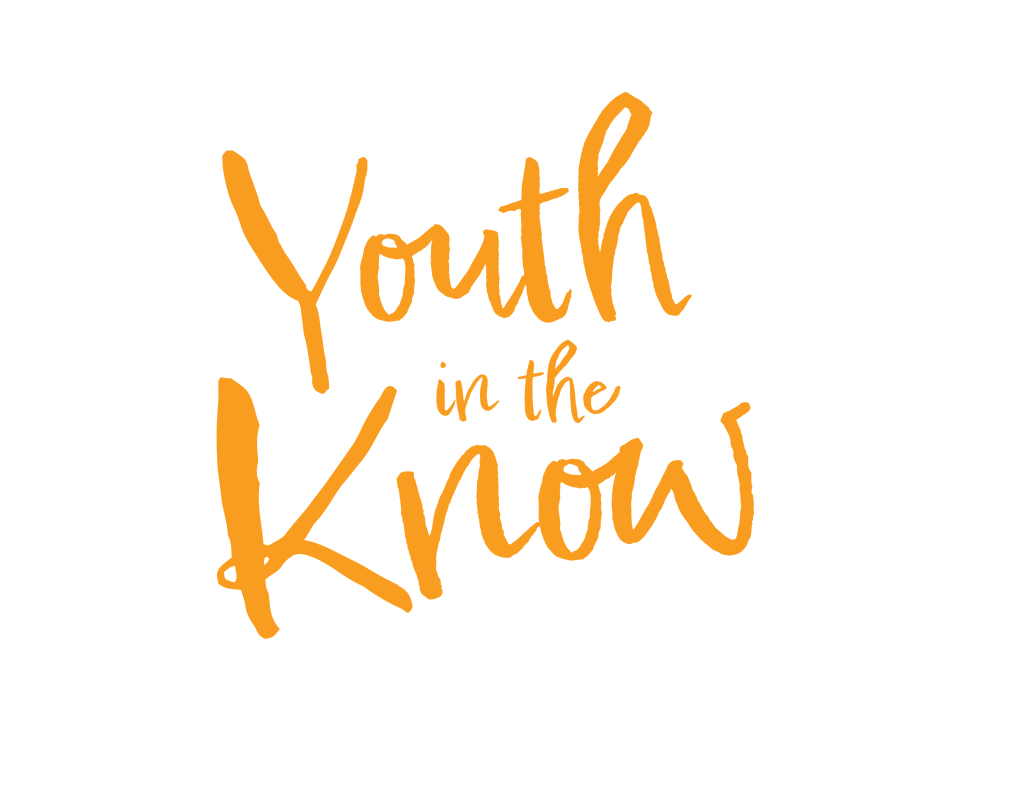Here’s what you need to know:
- 60% of teens have at least one friend who uses drugs.
- 33% of teens get their information about drugs from unreliable sources.
- 1 in 4 11th graders are vaping.
- 20.7% of 11th graders are using marijuana.
- 45% of high school students have tried alcohol.
- Of teens that drink alcohol, 22% of them take alcohol from their home.
How to Talk to Your Teen
If your teen is not using:
- Research the effects of substances on teenagers before your conversation.
- Approach the conversation openly, try not to come off as accusatory or threatening.
- Set expectations and consequences together. If they break the rules, they have set with you, it’s harder for them to argue back.
- Have the conversation often. Once is not enough.
Warning Signs
- Changes in Behaviour
- They may have a sudden change of friends, isolation from family and friends, disinterest in activities they’ve previously enjoyed, and lack of communication.
- Mood Changes
- Your child may become irritable, irrational, depressed, paranoid, dramatic or even violent.
- Physical Changes
- They may experience sudden weight loss or gain, dilated pupils, poor hygiene, fatigue, or restlessness.
- Poor Academic Success
- They may start to preform poorly at school through bad grades, failed tests and showing poor behaviour in the classroom.
What To Do
- Remain Calm
- Teens with substance use habits are in a vulnerable state; how you react to them can make all the difference in their recovery.
- Avoid Confrontation
- This closes the ability to have an open conversation.
- Don’t Enable Them
- Do not ignore their negative behavior. Step in early and often to ensure their safety.
- Reach out for help.
- You shouldn’t do this alone. Reach out to your child’s school, health providers and intervention specialists.
Source,
https://mnpra.org/wp-content/uploads/2023/06/23_KTT_Parent-Resource-Guide.pdf





